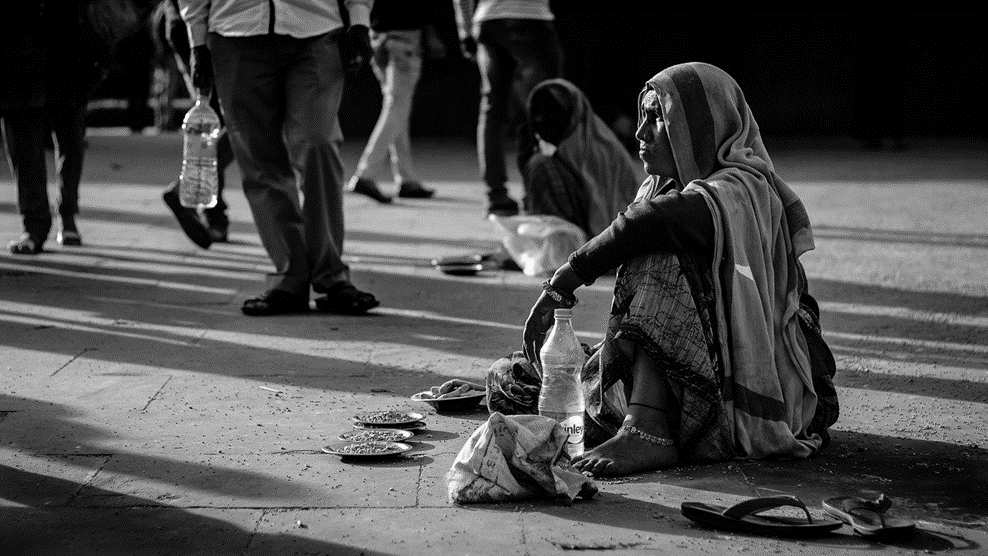
MENA Monitor focuses on the Middle East and North Africa region, analyzing the most important events happening in the area stretching from Morocco to Iran, their consequences for neighboring countries and their impact on the world’s situation.
Date: 2 September 2021 Author: Michał Przygoda
Lebanon. Economic crisis
Between January 2020 and April 2021, prices of basic commodities in Lebanon increased by 350%. Taking into account the last two years, the increase amounts to 700%. The value of GDP decreased by about 40% from $55 billion in 2018 to $33 billion in 2020. On July 6, Prime Minister Hassan Diab appealed to the international community and the UN to provide help and prevent a humanitarian disaster and collapse of the country’s economy.

According to a World Bank report, more than half of Lebanon’s population lives below the poverty line. The country experiences shortages of food, gasoline, electricity, baby formula and medical supplies[1]. The price of a loaf of bread is 4,000 Lebanese pounds. The unemployment rate increased from 28% in February 2020 to 40% in November 2020. In May this year, the unemployment rate decreased slightly to 35%[2]. The World Bank forecasts that gross domestic product will shrink by 9.5% in 2021, following previous recessions of 20.3% in 2020 and 6.7% the year before.
One reason for the deepening crisis is the unstable political situation. Long months of disputes and quarrels between political factions have made it impossible to form a government and implement economic reforms. The World Bank predicts that the lack of stable leadership will aggravate the country’s economic collapse. Prime Minister Hassan Diab has repeatedly stressed the need for a government that could resume negotiations with the International Monetary Fund on a recovery plan for the Lebanese economy[3].
Another reason for the current situation in Lebanon is the plummeting value of the national currency and the weakening of the financial sector. In June this year, 1 US dollar was worth 15,000 Lebanese pounds. The Central Bank set a fixed exchange rate of 1,500 pounds for 1 US dollar. As a result of a shortage of the US currency, its value outside the banking sector is about 16,000 Lebanese pounds to the dollar[4]. Funding for the Special Tribunal for Lebanon, which was to conduct the trial of Salim Ayash (a member of Hezbollah) accused of the 2005 assassination of Prime Minister Rafik Hariri, was suspended, which illustrates the paralysis of state institutions responsible for security.
A major issue causing increased social tension in the country are empty tanks at gas stations. Shortages are caused by the government’s failure to settle bills for supplies. Most gas stations have been closed and the Lebanese are queuing for gasoline for miles. Growing frustration among the society led to the death of two men in the area of Beddawi and Bab al-Tabbaneh in northern Tripoli, who were killed in a shootout which followed a disagreement over a gasoline-sale deal[5].
As a result of the ongoing crisis, riots and clashes occur more and more often. Demonstrators are demanding the formation of a government and a way out of the country’s economic collapse. In recent months, dissatisfied people have gathered in front of the Ministry of Foreign Affairs, the Ministry of Environment, and the Ministry of Economy, among others, calling for the downfall of the Lebanese elite. One of the major demonstrations took place on June 3 and involved roadblocks, burning tires and trash cans. Lebanese security forces suppressed the protests with water cannons and tear gas. Furthermore, on April 27, police killed one protester in Tripoli.
Lebanon’s crisis may have an impact on international security. The risk of another migrant crisis and the strengthening of the position of radical organizations operating in the country is real.
[1] https://www.jns.org/opinion/lebanon-stands-at-the-abyss/
[2] https://www.lbcgroup.tv/news/d/news-bulletin-reports/588882/Lebanon-news-lbci/en?fbclid=IwAR3Egz5HR71l_iWb3WpwsaZoloIfxw7H-3tljN9QBZ52YIO8zL5JVwWecC8
[3] https://www.zawya.com/saudi-arabia/en/economy/story/Lebanon_is_days_away_from_social_explosion_PM_Diab_warns-TR20210706nD5N2HX026X5/
[4] https://www.theguardian.com/world/2021/jun/28/this-is-the-end-of-times-lebanon-struggles-to-find-political-path-through-its-crisis
[5] https://www.aljazeera.com/economy/2021/8/9/lebanons-worsening-fuel-crisis-sparks-violence-leaving-3-dead
Support Us
If content prepared by Warsaw Institute team is useful for you, please support our actions. Donations from private persons are necessary for the continuation of our mission.
_________________________________
All texts published by the Warsaw Institute Foundation may be disseminated on the condition that their origin is credited. Images may not be used without permission.














